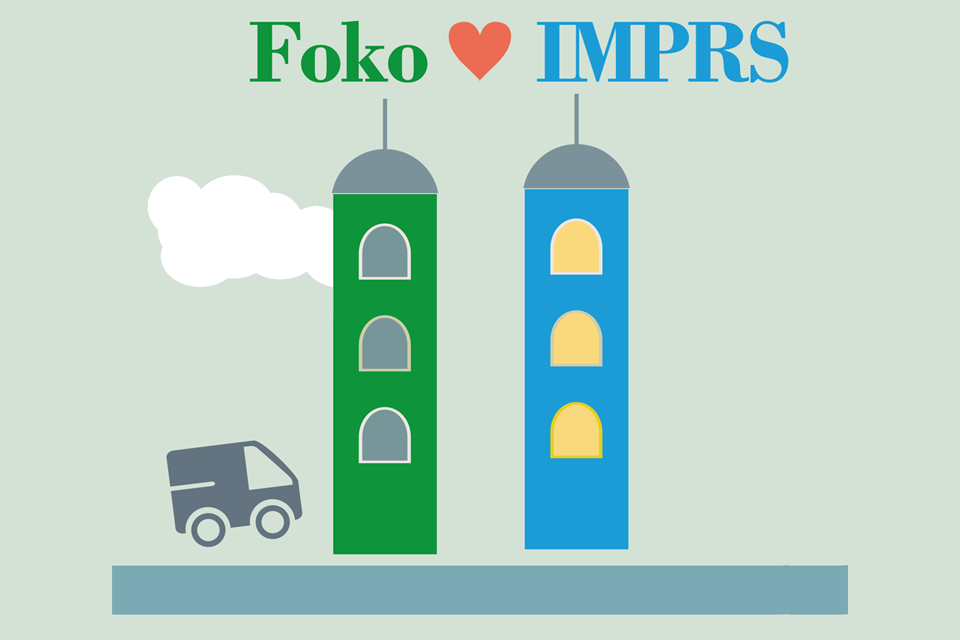Foko
Today, science and science management work closely together. Professional management creates the freedom that research needs on a daily basis. The research coordinators at the Max Planck Institutes have been ensuring this for years.
The FoKo*-network offers to everyone at the MPG within the environment of research coordination and science management the opportunity to discuss and exchange interdisciplinary ideas: What experiences have my colleagues had inside and outside the MPG? What are the challenges and opportunities today? What solutions and best practices are there? How can we work together closely?
*short for german: ForschungskoordinatorInnen | english: Reasearch Coordinators
IMPRS
Structured doctoral training and excellent research conditions are what the International Max Planck Research Schools stand for. The first such school was founded in the year 2000. Since then, outstandingly qualified junior scientists worldwide have had the opportunity to obtain their doctoral degrees at Max Planck Institutes and their partner universities in Germany. Only the best students, however, are admitted. Since 2000, the International Max Planck Research Schools (IMPRS) have become a permanent part of promoting Ph.D. students. Talented German and foreign junior scientists are offered the opportunity to earn a doctorate under excellent research conditions. A shared characteristic of the graduate programs at Max Planck Institutes is a close collaboration with universities.
Currently, there are 65 IMPRS. The research schools are established by one or several Max Planck Institutes. However, these IMPRS work in close cooperation with universities and other – sometimes foreign – research institutions. This provides an extraordinary framework for the graduate students to work in and is a great advantage in interdisciplinary research projects or projects requiring special equipment. Currently, 80 Max Planck Institutes are associated with an IMPRS.


